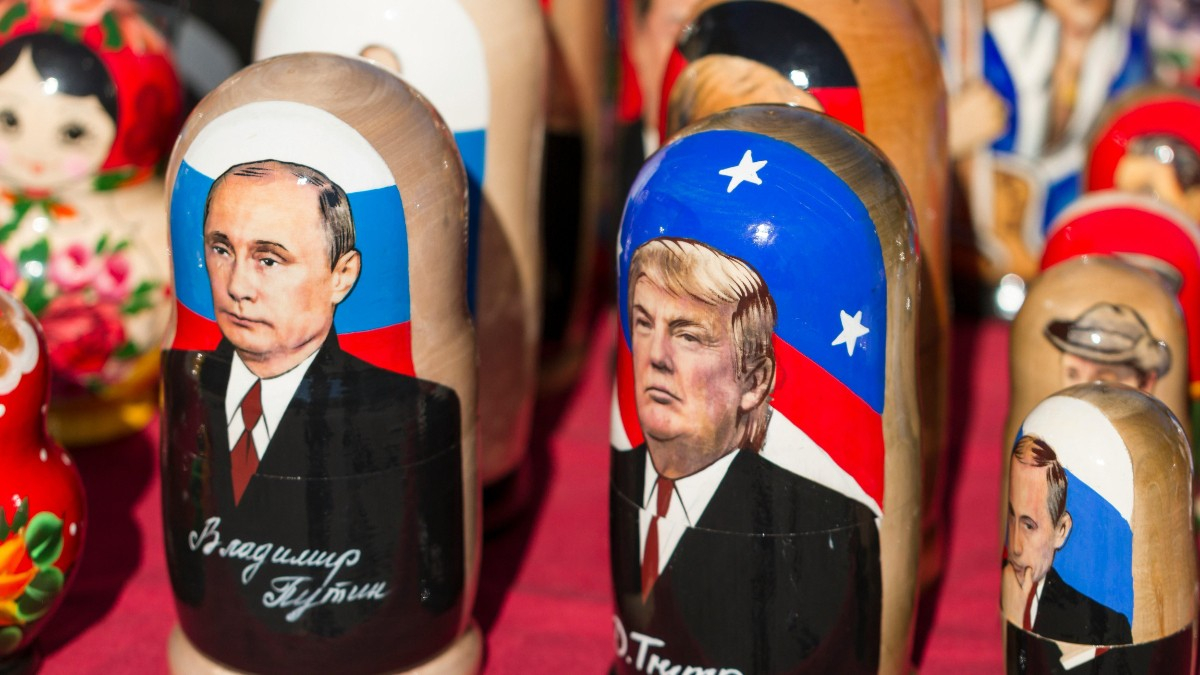Former President Donald Trump has been on attack for the last couple of weeks due to a new book about him from Bob Woodward entitled, War. It said that Trump’s post-presidency was tight with Russian President Vladimir Putin. His book stated that Trump had as many as seven personal phone calls with Putin but also sent him machines to test COVID-19 during the pandemic period. To these exposures, Trump reacted in an unusually measured tone in an interview with Bloomberg’s editor-in-chief, John Micklethwait, by suggesting that if he did speak to Putin, it would be a “smart thing” for the United States.
Context of Woodward’s claims
Bob Woodward is an acclaimed and celebrated journalist who brought to light the Watergate scandal. He has written many books concerning political figures. In the book War, he reflects on how Trump’s conversations with Putin have survived beyond the presidency and form part of a relationship that begs so many questions.
Woodward even goes as far as to say that Trump asked an aide to leave his office at Mar-a-Lago so that he could speak in private with Putin, a purported level of intimacy that sent many observers into alarm. “Fabricated narratives,” Trump’s spokesperson called them, slamming Woodward for losing all contact with reality and suffering from what they called “Trump Derangement Syndrome”.
Trump’s calculated response
An interview by Micklethwait with him at the Economic Club of Chicago brought up whether he had spoken with Putin since he had left office. Trump dodged the question, not denying nor confirming if the conversation happened but still remained firm in his beliefs that even if he did speak with Putin, it would be positive toward the country. He said, “If I can be in a position where I can maintain friendly relations with people, that’s a plus for the country, not a negative”. Underlining one of the few strongly held convictions of this President: a belief in personal diplomacy and making friends with world leaders.
Evidently, the words of Trump were a kind of balancing feat-managing to reduce the negative impact on what he says today in the context of allegations brought up by Woodward and, at the same time, strengthening the image of a statesman serving the interests of his country in a form that makes friends. Positive framing of the future talks with Putin would ease the criticism against the previous engagement with the President of Russia.
Historical background of Trump’s relationship with Putin
Trump’s relationship with Putin was contentious since his first presidential campaign in 2016, when he infamously called for Russia to find missing emails from Hillary Clinton’s private server. His presidency was frequently interjected with words of adoration toward Putin and skepticism toward U.S. intelligence assessments regarding Russian interference in the 2016 election. With all the ongoing investigations about these very issues, Trump has continued to say his rapport with Putin might go a long way toward paying off in the form of U.S. – Russia relations.
Woodward’s new allegations once again raise some questions about Trump’s approach to foreign policy, his willingness to engage various authoritarian leaders, how that potentially undercuts U.S. interests and emboldens adversaries such as Russia. On the other side, supporters of Trump say his approach fosters stability and can yield better diplomacy.
Implications for Trump’s political future
These could have major consequences for Trump’s political future as he seeks the Republican nomination to run in the 2024 presidential election. While some will respect the work he has invested in diplomacy and relationship-building, other voters are going to view his ties with Putin as a liability given ongoing tensions associated with Russia’s invasion of Ukraine.
In that sense, Trump’s reserved response to Woodward’s allegations does the double job: one of deflection of criticism and another of reinforcing his narrative of a robust leader who can steer through the maze of international relationships. How these dynamics play out both in terms of voter perception and in terms of the actual electoral outcome remains to be seen with the election at hand.
